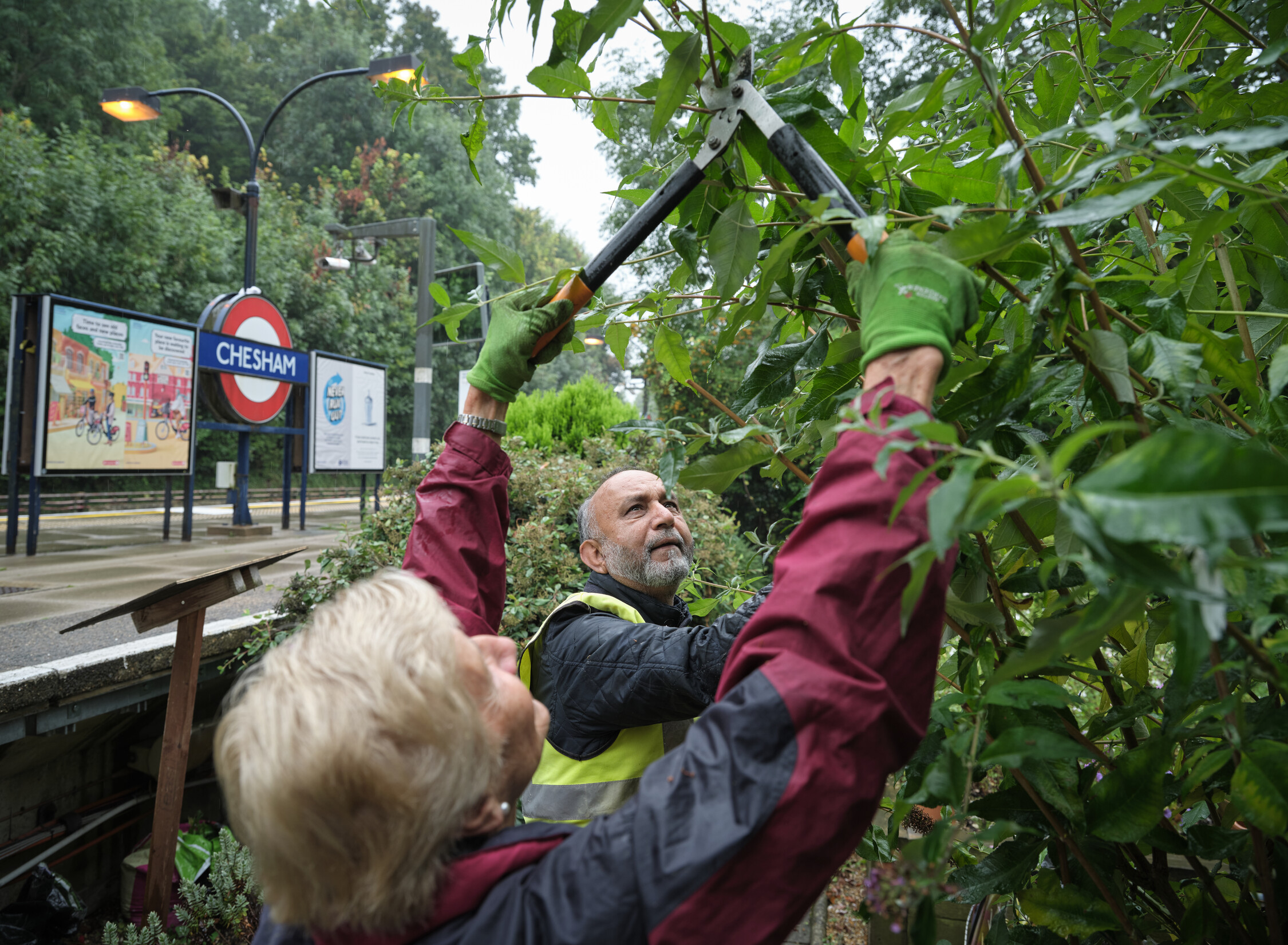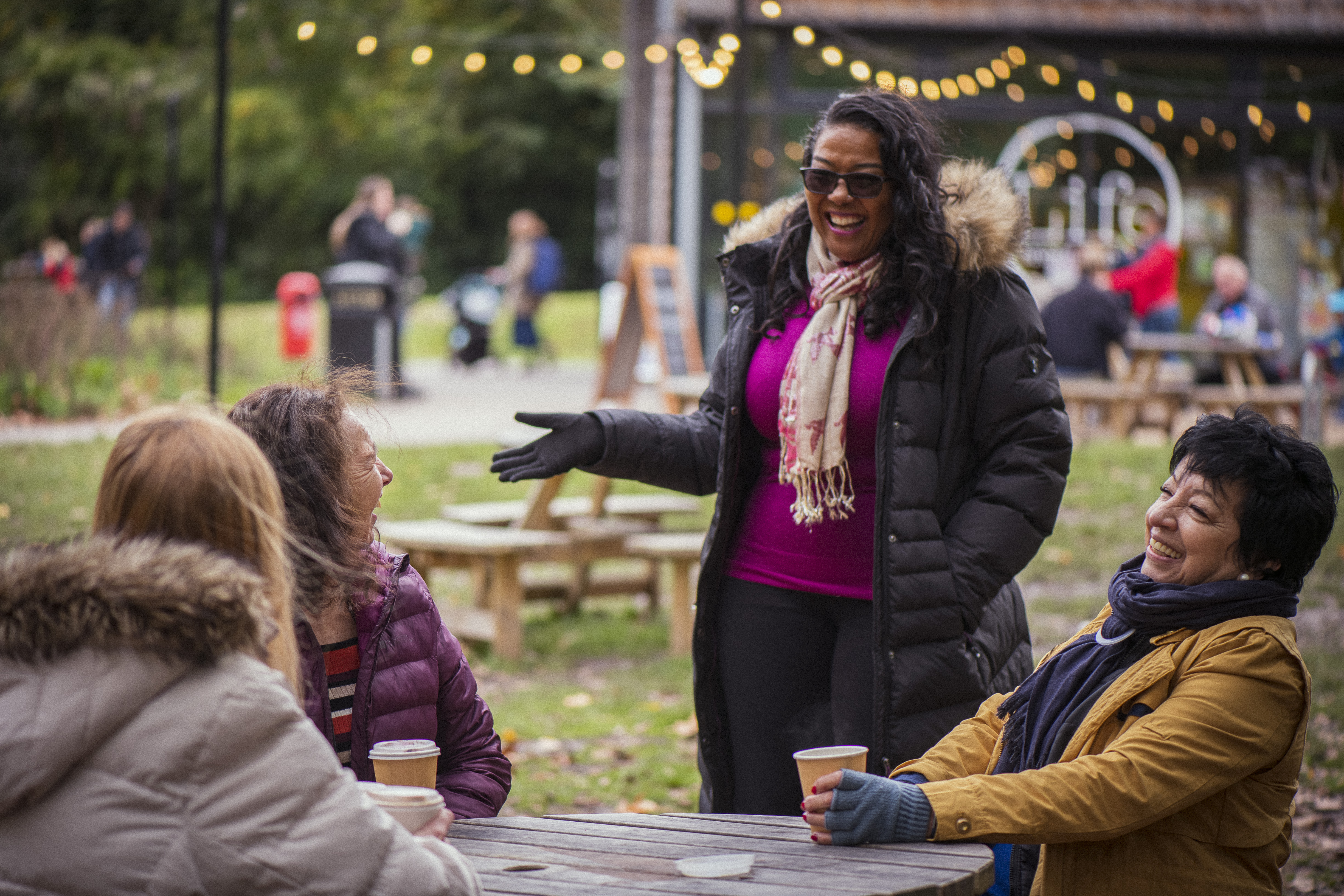Emily Groves, digital and phone services manager at Independent Age, the national older person’s charity, explains how a new approach is ending the ‘helpline merry-go-round' for older people in need of support.
________________________________________________________________
Our helpline receives thousands of calls a year from older people looking for support, and each one is different. One man called as he needed someone who could visit and cut his toenails. He struggled to do this himself and despite trying his GP, they’d not been able to help. The issue was causing increasing pain and preventing him from doing chores in his home and going out to see friends.
A lady called wanting to find someone who could cut her hair. She was unable to find a replacement for the person she used to go to, making her anxious about her appearance and preventing her from comfortably leaving the house to run errands.
These seemingly ‘small’ issues were causing callers to become more isolated, a problem which we know can lead to low mood and a serious decline in physical health and wellbeing.
What we also recognised in these cases was that a significant number of older people were being directed to our helpline by other organisations, unable to get smaller, less definable problems solved. Lots of organisations work to improve the lives of older people, but when they don’t have the answer, they pass the older person onto someone else, who also may not have the answer and the cycle continues. We named this phenomenon the ‘helpline merry-go-round’. One caller seeking bereavement support said that she’d been given numbers for several helplines and felt ‘dizzy’ from the experience.
Our Digital and Phone Services Team set about mapping a solution, now known as Signposting+. The service is informed by the idea that small issues can have a significant impact on older people’s lives, yet there isn’t the localised, specific information system available to properly address them, nor the time to ensure the services are appropriate and available.
Signposting+ callers are referred through our helpline if they seem like they could benefit from some extra support and time. Appointments are varied. Most people initially have one issue they’d like to solve, but through explorative conversation and building trust, we get a fuller sense of someone’s life and whether there’s anything else we can help with. Our team have a specialist knowledge of the different support that exists, and are trained in how to find specific services and, going further than traditional signposting, will check that the organisation they’re recommending is open, appropriate and accepting referrals, to maximise ease for the older person.
Since launching in early 2022, we have connected 340 older people to local, tailored support. The most common issues for callers are loneliness, housing, bereavement support, financial entitlements and low-level personal care, like haircuts or chiropody.
Success stories include working with a lady looking for social connections as she missed her local community centre that she believed had shut down during the pandemic. Our team established that the centre had in fact moved, and she was able to get back in touch with the organisation and sign up to group theatre visits and has since started making use of her local community transport scheme. We supported another lady who was struggling with day to day tasks like shopping – we connected her with a local IT drop in where she’s learning to shop online, and her local carers hub who are providing advice and support about her situation.
Offering this highly specified service is not without challenges. The potentially limitless scope of issues means our team is always being challenged to expand their knowledge. In rural areas, there simply aren’t as many resources to signpost. It is also down to callers to action the help we give them. We make follow-up calls to check they’ve received their information letter, encouraging them to help themselves and not develop a dependence.
A clear strength of Signposting+ is the interconnected approach we can take to solving our client’s issues. Our team are able to find out about and deal with multiple problems, and the less constrained timeline helps us do that. For some people, one phone call and a letter is all it takes to connect them to the support they need. For others, we’ll work alongside them for months to unpick the many challenges they’re facing, helping them to prioritise the actions they need to take and motivating them to take up support.
After a successful pilot, our growing team is now looking to the future. As Independent Age moves further into the older person’s financial hardship space, we’ll be advising more scam victims and introducing benefit checks as standard. We’re prioritising expanding our topic knowledge and looking to build new referral routes to ensure we’re reaching older people who could really do with just a little extra support to keep well, happy and independent.
Most importantly, we remain committed to helping people get off the dizzying merry-go-round.
Latest News
-
Scramble to house 87 people following homelessness charity’s sudden closure
-
Philanthropist hands health charity record £1m donation
-
OSCR’s transparency changes come into force this month
-
Monday movers - 2 March
-
Failures found in health charity’s handling of grieving family’s fundraiser
-
Four in five charity workers fear being replaced by AI
Charity Times video Q&A: In conversation with Hilda Hayo, CEO of Dementia UK
Charity Times editor, Lauren Weymouth, is joined by Dementia UK CEO, Hilda Hayo to discuss why the charity receives such high workplace satisfaction results, what a positive working culture looks like and the importance of lived experience among staff. The pair talk about challenges facing the charity, the impact felt by the pandemic and how it's striving to overcome obstacles and continue to be a highly impactful organisation for anybody affected by dementia.
Charity Times Awards 2023
Mitigating risk and reducing claims

The cost-of-living crisis is impacting charities in a number of ways, including the risks they take. Endsleigh Insurance’s* senior risk management consultant Scott Crichton joins Charity Times to discuss the ramifications of prioritising certain types of risk over others, the financial implications risk can have if not managed properly, and tips for charities to help manage those risks.
* Coming soon… Howden, the new name for Endsleigh.
* Coming soon… Howden, the new name for Endsleigh.
Better Society

© 2021 Perspective Publishing Privacy & Cookies














Recent Stories